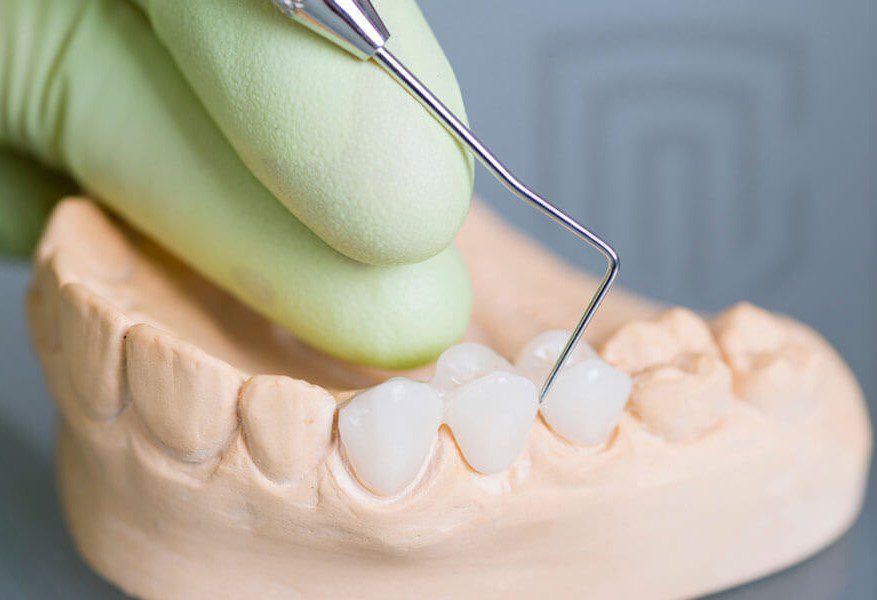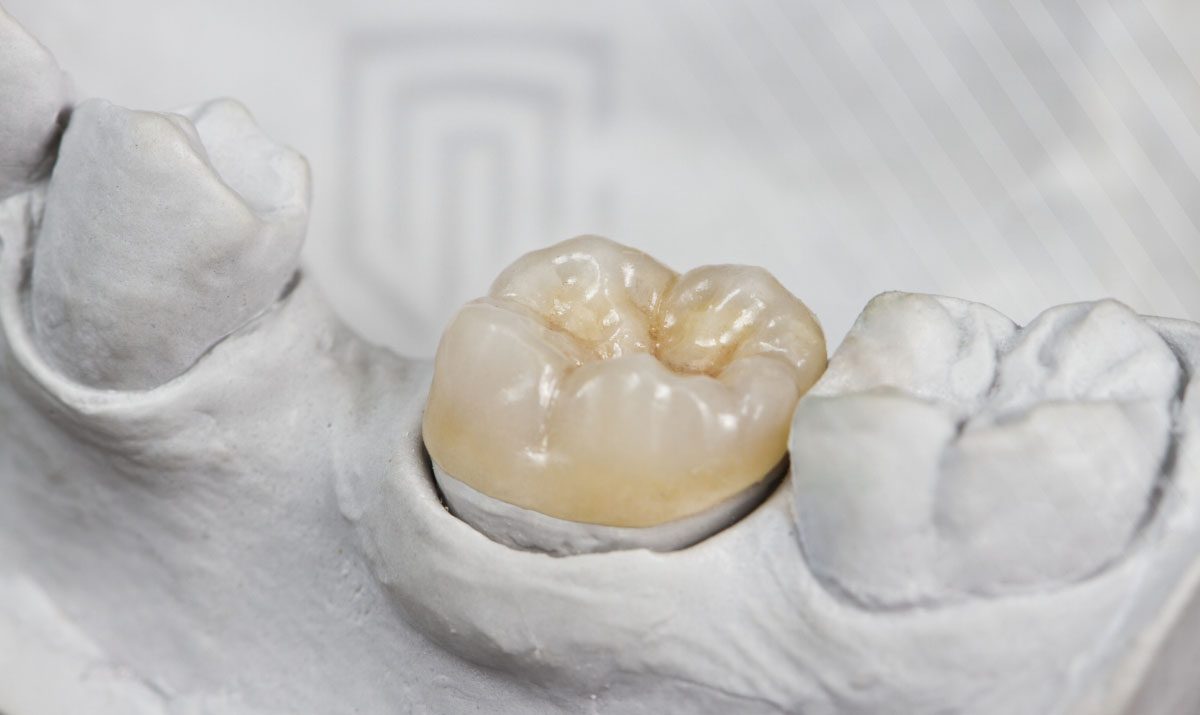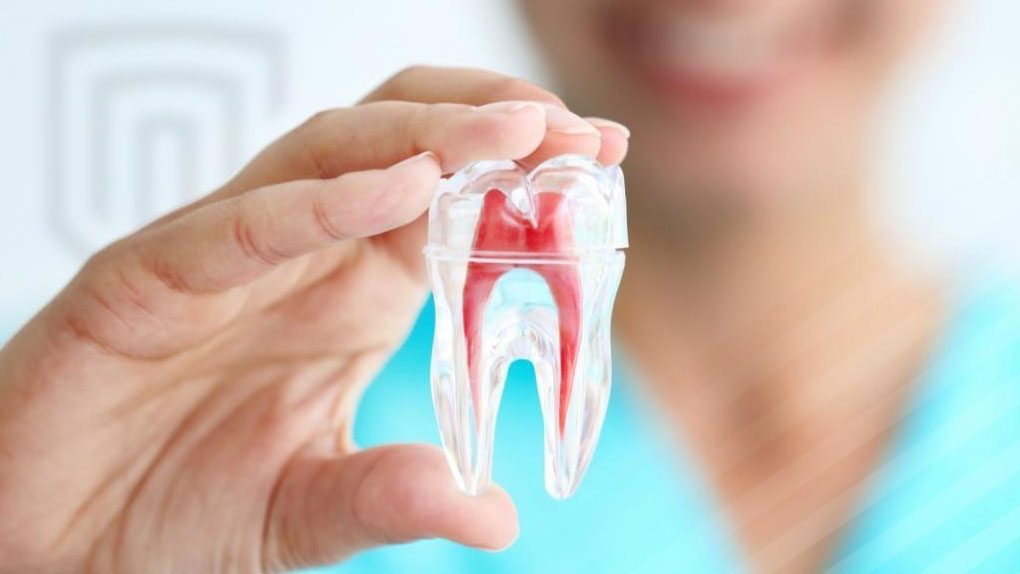A filling restores a hole in a tooth, or repairs a chipped tooth and returns it to its original shape. Dentists carry out the process and use non-toxic materials that bond to your teeth.
Once the dentist has discovered a cavity, all the decayed and weakened tooth is removed and replaced with filling material. After discussing your options regarding pain relief you may opt for a local anaesthetic to numb your tooth and the surrounding area.
FAQs
Often there are no signs or symptoms that you need a filling, which is why regular check ups with your dentist are recommended. If you’re experiencing sensitivity or even pain while eating or drinking very hot, cold or sweet foods and drinks, then you may have the kind of tooth decay that requires a filling. Toothache is also a common sign of tooth decay, and the pain can sometimes extend to your gums and underlying bone.
The treatment is largely painless due to the anaesthetic that’s used. Afterwards the treated area can feel tender and bruised and your tooth can be sensitive. This sensitivity generally subsides over a couple of days. If you are at all worried contact your dentist for advice.
In the past the most common types of fillings were mercury amalgam fillings, today the most common type of filling is white tooth-coloured composite resin.
We offer white composite fillings because:
- The composite resin bonds to your tooth making the tooth stronger
- This material blends beautifully with your tooth
White composite fillings can last for over many years if they are well looked after by both dentist and patient.
The following are keys to the longevity of a filling:
- Eating a healthy diet low in both refined and unrefined sugars – and not snacking
- Keeping your mouth clean with regular brushing and flossing
- Having regular dental check-ups and professional teeth cleaning to help remove plaque and calculus that you miss
- Using a fluoridated toothpaste
Unlike other fillings, white composite fillings visually match the rest of your teeth, and can brighten your smile overall.
There really isn’t a limit to the number of fillings your dentist can give you at one time. In fact, if you have a few cavities located in the same area (the upper right of your mouth, for example), your dentist can give you a few tooth fillings all at once. The biggest limit to how many cavities a patient can get done in one sitting depends on a variety of factors: How long can you be at the dentist? Do you have any time constraints? Can you hold your mouth open for an extended period of time? It also depends on how much anaesthetic our dentists can administer safely.
STILL HAVE A QUESTION?
Contact us at North Cardiff and Dental Implants on 029 2267 9999 to find out more about any of our treatments or book a consultation with one of our experienced clinicians.









